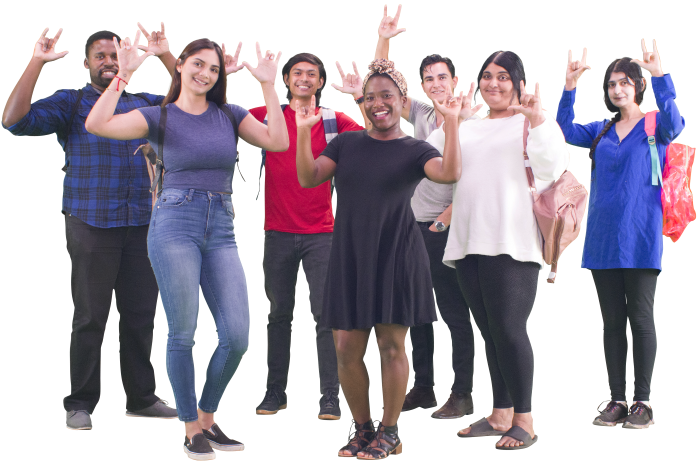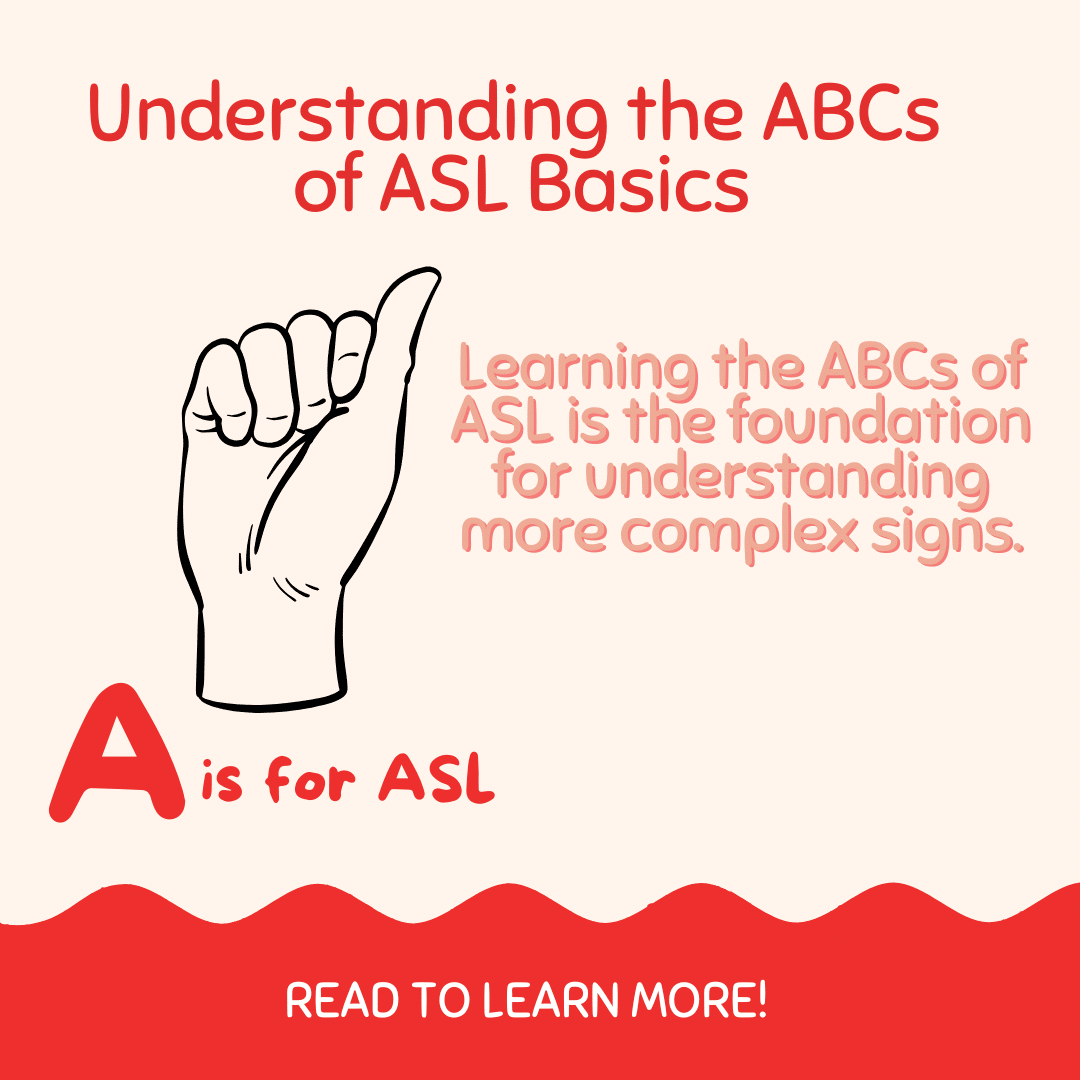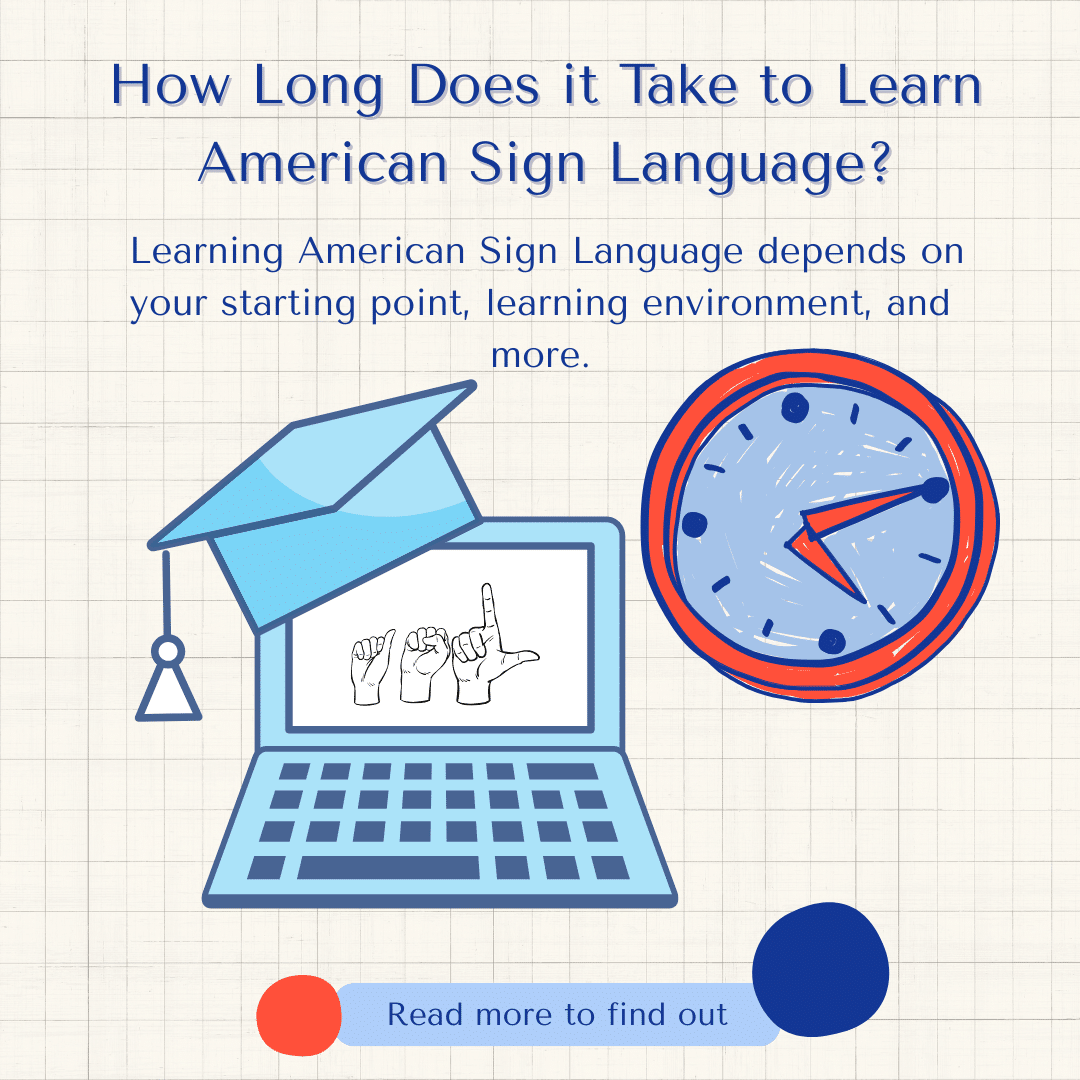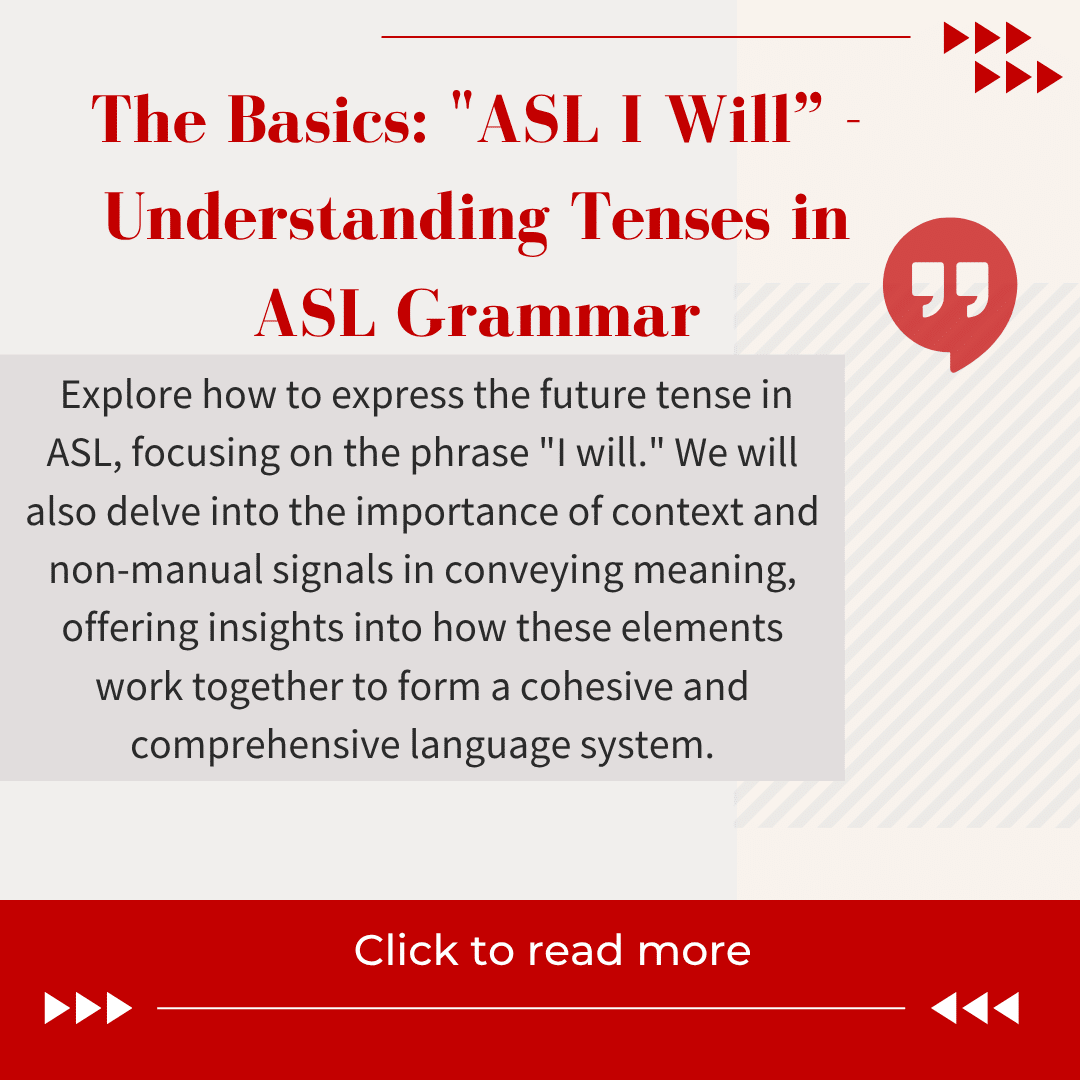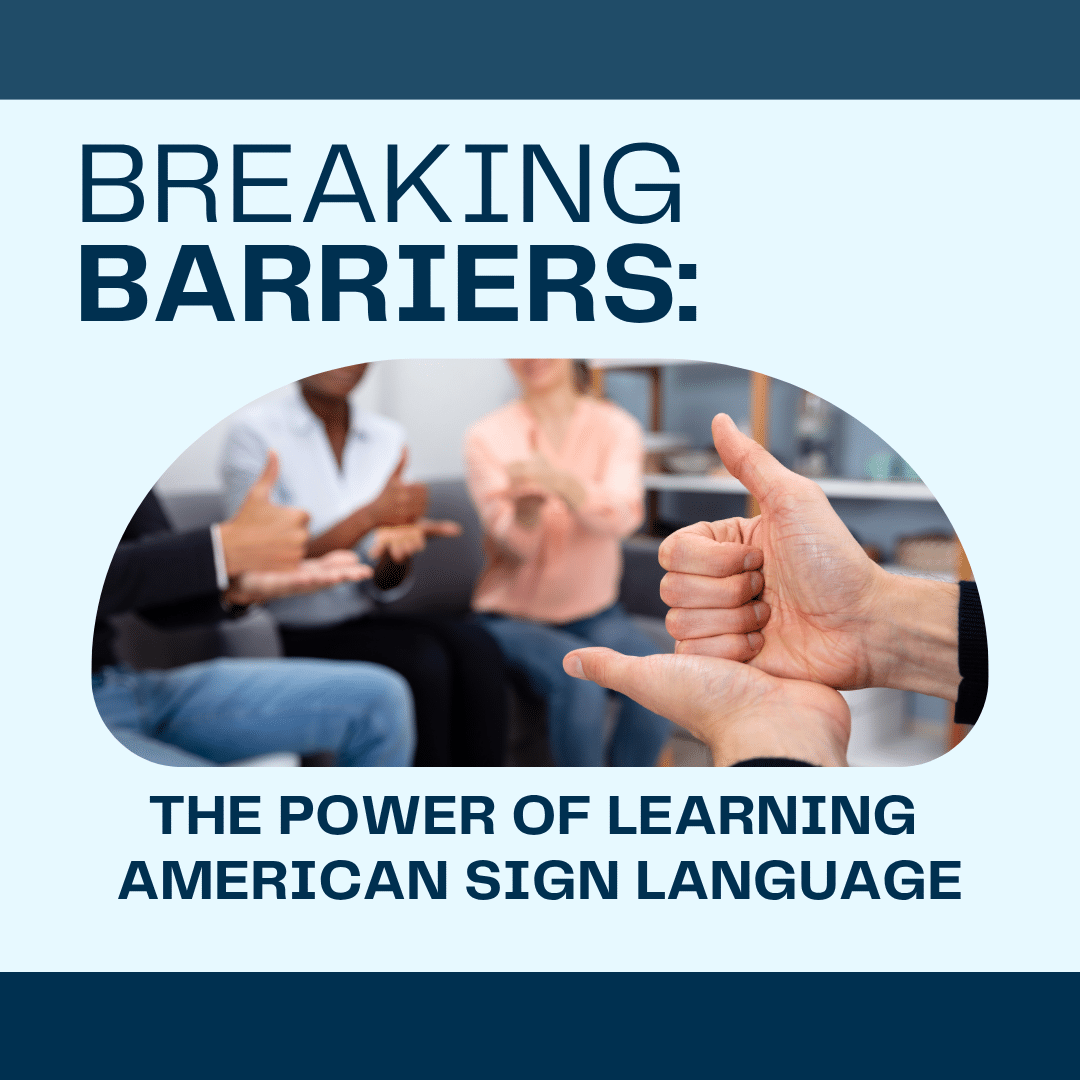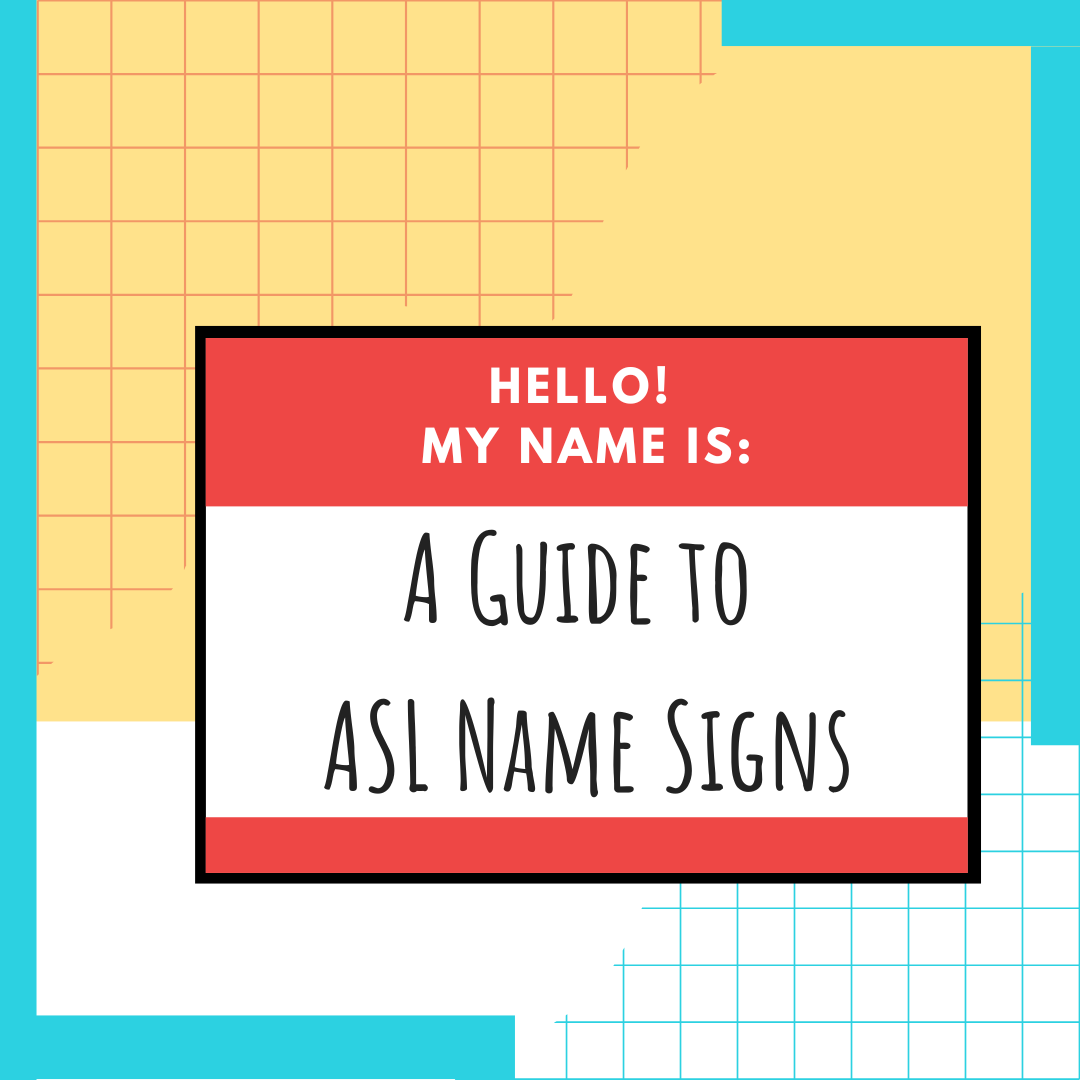
Deaf People’s Experiences at the Doctors
- by Katelyn Cheng
![Screen Shot 2022-04-04 at 3.12.42 PM [https://www.cnn.com/2015/05/20/health/human-factor-philip-zazove/index.html]](https://www.startasl.com/wp-content/uploads/elementor/thumbs/Screen-Shot-2022-04-04-at-3.12.42-PM-pt42ge7kwhi1qrb4lbuphlb6jnjbuq88byoprp4su8.png)
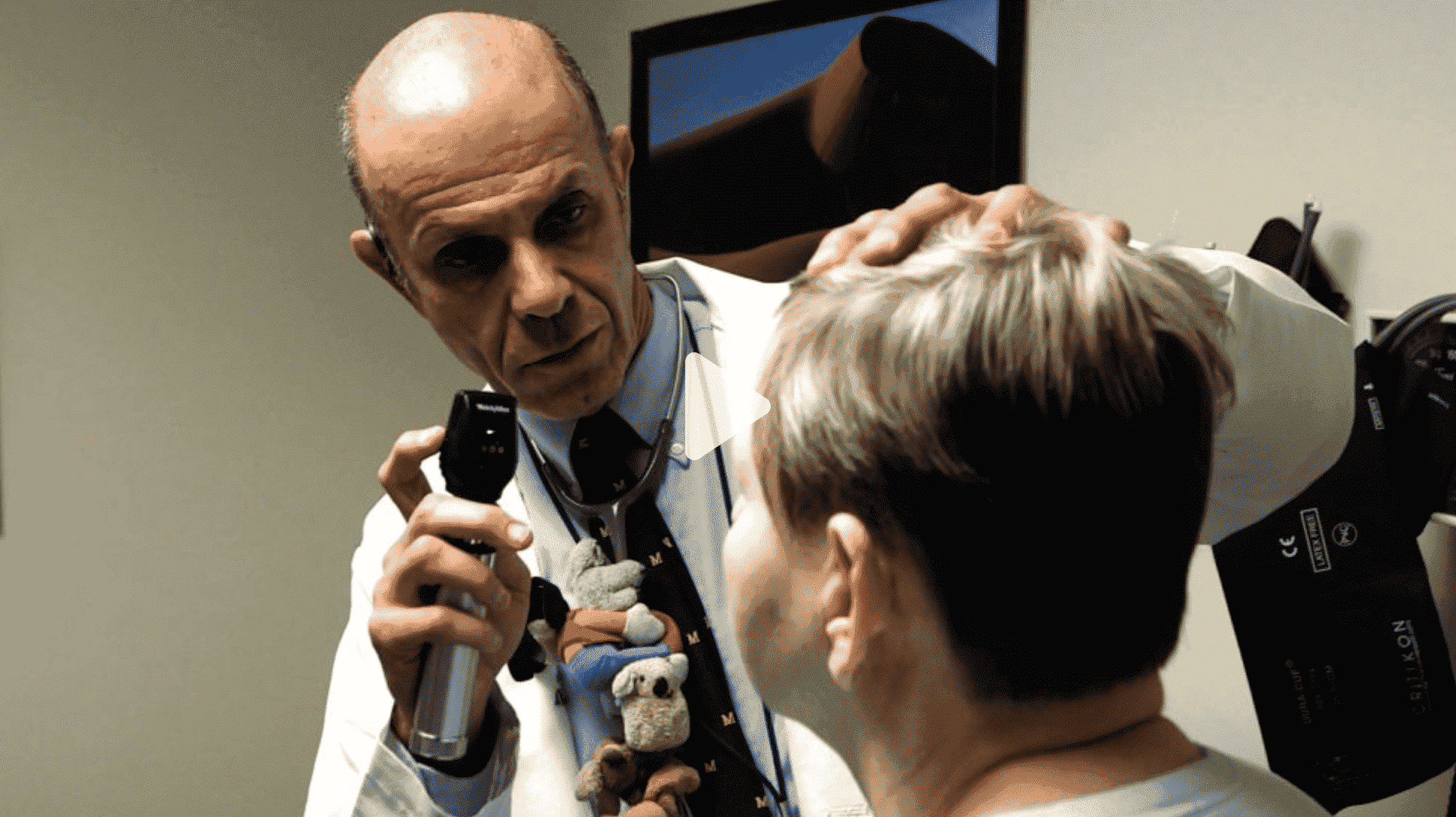
D/deaf people have struggled to get ASL interpreters to attend doctor’s appointments and this has caused a lot of frustration for D/deaf people. Every time a D/deaf person request an interpreter, either the interpreter does not show up at the appointments on time or at all. It is improving now, but sometimes D/deaf people still struggle to get an interpreter. Occasionally, there are substitutes, which means that the interpreting is done online via an iPad, which sometimes is or is not successful. If an interpreter is unavailable, then writing down on paper or via phone is an option. This method is not always successful because some D/deaf people do not have a good knowledge of English and can have a hard time understanding. Signing makes the explanation easier in a way that a D/deaf person understands. An example in Mandy’s interview is when she described an English interpreter versus a CDI (Certified Deaf Interpreter). The example is an ASL interpreter talks about “red meat” but the D/deaf patient doesn’t understand. When they brought in a CDI, the interpreter interpreted in a way that the D/deaf person understands which is, “Don’t eat steak.” This example shows that D/deaf people have a different level of understanding. It can also happen a deaf person who grew up orally will struggle a bit understanding the high level or simple vocabulary or phrases the doctor said and will ask the doctor to explain. Doctors are usually very patient but also doctors are busy and have a lot of patients to see so they do not have all the time in the world to explain.
There are a few examples of when I went to doctors and a couple of those examples where the doctors wore their masks and miscommunication did occur. I did not have an interpreter, but I am hard of hearing and can easily misinterpret what the doctors said, especially when they wear their mask. For example, I went to see a dermatologist and she told me how to use a specific treatment, but I did not hear her correctly and totally did not do the treatment right. Luckily, it did not cause me any severe damages, just a minor damage which I recovered from quickly. I did not have an interpreter and was able to converse through hearing and talking and still had miscommunication so imagine a D/deaf person who does not have an ASL interpreter available. There is another example of when my nurse asked me if a medication I was taking was over the counter and I did not understand what “over the counter” meant until my nurse explained it to me.
Vlad who is Deaf shares his experiences at the doctors. Vlad’s first language is not English, so there are medical terms that he doesn’t understand. He asked the doctor to explain in the simplest way possible, so he can easily understand. He noticed a lot of times; he misses information even though the doctor explains in the most simplest way or sometimes he have a hard time making an appointment.
Megan Clancy, Start ASL instructor, shares her experience:
I was born Deaf and I recall not having an ASL interpreter at my doctor’s appointments until I was 17 years old. Therefore, I had no idea about what happened to me when I was born premature. I was just shocked. I’m grateful that the hospital in Boston I attend has ASL interpreters on staff. However, oftentimes in California, requesting for an ASL interpreter is like pulling teeth. Some offices say I’m responsible for getting my own interpreter, or some offices simply do not know how to make such requests. However, I’m grateful for one of my doctors for wearing a clear mask when he sees me so I can lipread what he’s saying amid COVID-19 pandemic. When the office agrees to get me an ASL interpreter, I’m always grateful especially when wearing masks has become the new standard since 2020.
One time I had an ASL interpreter for a medical test, and she said she had to leave during my test which threw us all off. I felt more anxious, and staff tried their best to communicate with me. I hope this never happens again. On the other hand, I’m grateful when my friends are aware about how communication can be hard for us Deaf/deaf people at the doctors and it is the ADA law for them to provide accessibility to us, Deaf patients for our safety and care.
There are a lot of D/deaf people pursuing in the medical field and become doctors, surgeons, nurses, etc. These D/deaf doctors are the go-to for D/deaf people. One of the first Deaf doctors named Dr. Philip Zazove, MD who specializes in primary care and family medicine. He graduated from Washington University Medical School in St. Louis, Missouri, and the family practice residency at the Univ. of Utah Medical Center in Salt Lake City. His area of practice is he focuses on the health service issues for the Deaf and hard of hearing community. He performs most outpatient procedures, including vasectomies. He is also interested in how physicians can incorporate the genetics revolution into day-to-day primary care. He communicates both in sign language and English. He enjoys sports and writing novels. He is a published author and is currently serving as the chair of the Department of Family Medicine. He also received his Master of Business Administration degree from Northwestern University in Evanston, Illinois.
Biography about Dr. Zazove
Dr. Zazove was born 5 weeks past the expected due date. Although he was a healthy and thrived like any other child, his speech was never clear. He became profoundly deaf at 4 years old. His father noticed something was wrong when they were putting books on the shelf and his father spoke to him, but Dr. Zazove did not respond. His parents brought their son to the doctor’s to get his hearing tested and found out that he is profoundly deaf. The doctor recommended that Dr. Zazove goes to a Deaf institute, but his parents refused and enrolled him in mainstream education. He ended up being the first person with a profound hearing loss mainstreamed in my northern Chicago suburb. Dr. Zazove graduated with honors from his high school. He experienced bullying and being treated differently growing up. The colleges that Dr. Zazove applied to couldn’t believe he was deaf. According to his article on CNN he stated, “The dean of one large Midwestern school interviewed me in person, then accepted me on the spot. I turned down the offer and enrolled at Northwestern University.” Dr. Zazove applied for an Illinois scholarship for people with disabilities and the woman who interviewed him asked him to promise her that if he becomes a physician to learn American Sign Language to communicate with the D/deaf and hard of hearing people. Dr, Zazove made sure he fulfilled his promise when he received the scholarship. Dr. Zazove stated in his article, “During my senior year, I applied to 12 medical schools, but got only two interviews. Although my grades, activities and MCATs were better than many peers who were accepted, I didn’t get any acceptance letters.” Since he did not get accepted to any medical schools, he stayed at Northwestern University and attended the graduate program there where he studied biology. He submitted his medical applications. Instead of 12 schools where he applied the first time, he applied to 35 schools. He got an interview with Rutgers University and got accepted to the university. Rutgers University was the only medical school that accepted Dr. Zazove. The other 34 schools rejected him. After he studied at Rutgers, he transferred to Washington University in St. Louis. Dr. Zazove mentioned, “My clinical years there were hard because I depend on lipreading. It was especially difficult during rounds where people didn’t face me or when I was in an operating room where everyone wore masks. I learned the material by preparing ahead of time and asking many questions after.” Dr. Zazove did struggle as a Deaf medical student, but this did not stop him from going after his dreams of becoming a physician.
He ended his article by stating, “One of my favorite sayings is “Expect great things and great things happen.” Maybe I am an example of that. If you want to make progress and have an impact, you have to be willing to go out and drive.
You may not make it, but then you try again.”
References:
https://www.cnn.com/2015/05/20/health/human-factor-philip-zazove/index.html
https://www.uofmhealth.org/profile/1054/philip-zazove-md
Start Learning ASL Today!
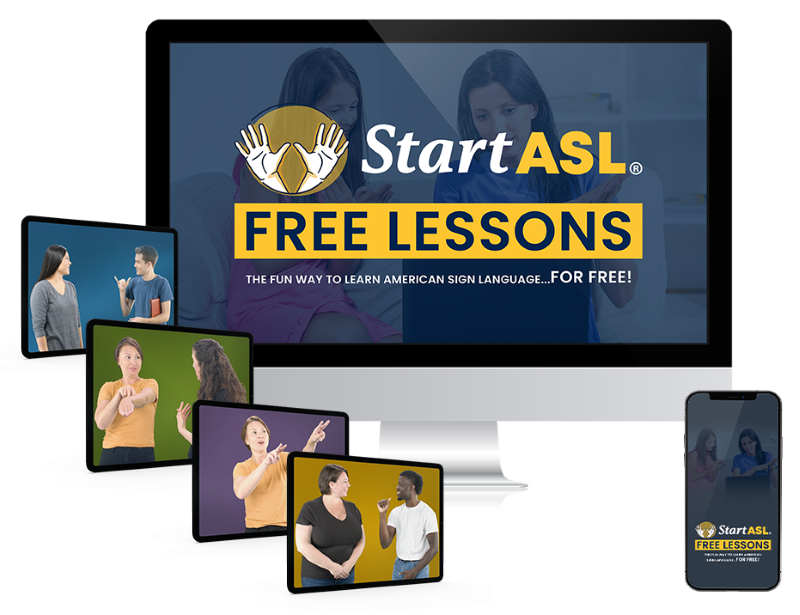 Ready to start learning real American Sign Language and not just basic signs? Do you want to be a part of the vibrant Deaf community? Check out our Free ASL 1 Course or our Complete 4-Level ASL Course options and start learning ASL today!
Ready to start learning real American Sign Language and not just basic signs? Do you want to be a part of the vibrant Deaf community? Check out our Free ASL 1 Course or our Complete 4-Level ASL Course options and start learning ASL today!
